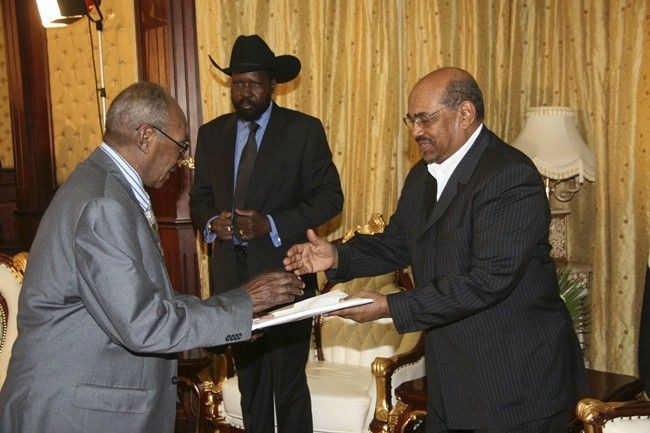Violence, repression remain as Sudan splits

Even as results of a landmark vote show the people of Southern Sudan have decided to form a new nation and international leaders congratulate them, recent reported violent incidents in the North and South indicate that peace in the embattled nation is fragile.
U.S. President Barack Obama and the European Union congratulated the people of Southern Sudan on Monday, saying they would formally recognize the country as a new, sovereign, independent state in July.
Official results released Monday showed over 99 percent of Southern Sudanese voted for independence. Sudan had been embroiled in a civil war for over two decades prior to a 2005 peace agreement which established the path for the January referendum and the possibility of a new state. The referendum largely split the nation along religious lines, with the north being primarily Muslim and the south being mostly animist and Christian.
Human rights groups are equally supportive of the process, but are drawing attention to crushed demonstrations in Sudan's northern capital and reports of killings in recent days by militias in the western region of the country known as Darfur region.
The peaceful conclusion of the southern Sudan referendum for independence is an historic accomplishment, but recent troubling events underscore the importance of continued US engagement in the north and the south, Amir Osman, a representative of the Save Darfur coalition said.
The organization referred to reports in recent days where at least 50 people were killed when southern militias refused to give up weapons and move north.
The group also called attention to an incident in late January when the Sudanese government arrested opposition leaders and protesters in Khartoum and threatened UN forces in Darfur. Human Rights Watch said police forced dispersion of protesters and arrested more than 100 people including journalists.
Many of the protesters, including two arrested journalists, were subjected to beatings and ill-treatment, said Daniel Bekele, Africa director at Human Rights Watch.
Rather than violently repressing basic freedoms, the Khartoum government should uphold the rights enshrined in its own constitution, allow freedom of political expression, and let journalists freely report on events, he said.
U.S. Secretary of State Hillary Clinton on Monday said it was up to the new southern government to launch a process of inclusive governance. In line with previous talks, the U.S. was now initiating the process of withdrawing Sudan's State Sponsor of terrorism designation, Clinton said.
To remove that designation, Sudan must show it has not supported international terrorism for the preceding six months and assure it will do so going forward.
Other aspects of the peace agreement must still be carried out including reaching a political solution to resolve differences in the central Sudanese region of Abyei. It did not participate in the referendum amid political instability.
The Comprehensive Peace Agreement must be fully implemented and outstanding disputes must be resolved peacefully. At the same time, there must be an end to attacks on civilians in Darfur and a definitive end to that conflict, Obama said.
© Copyright IBTimes 2024. All rights reserved.




















